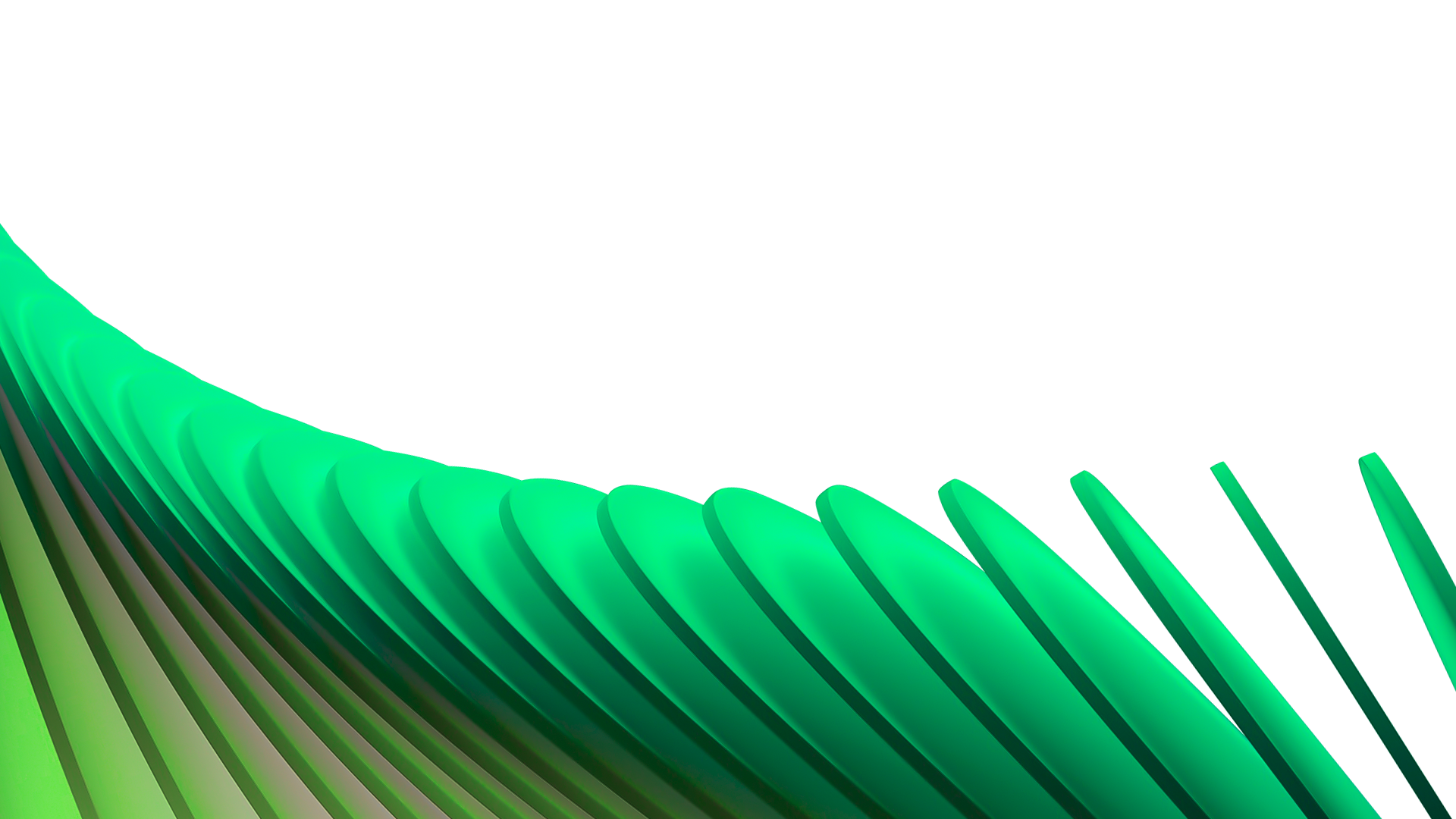
Buraq Bank is an emerging Islamic digital bank, committed to transforming banking in Pakistan. Our services are designed to be fully digital, providing ethical, Shariah-compliant financial solutions that are accessible anytime, anywhere.
The app is coming soon! Be one of the first to experience seamless, Shariah-compliant digital banking. Join our waitlist today and stay informed about our upcoming launch.
The app will be accessible on both iOS and Android platforms. No matter which device you use, you’ll be able to manage your finances with ease through our secure and user-friendly mobile experience.
It is quick and simple. Click the link to get exclusive updates, early access, and be the first to know when we launch.
Yes. We are building the bank with strong data protection and cybersecurity measures to ensure your information remains safe and confidential.
Digital banking offers 24/7 access, instant transactions, and convenient services, all from your phone or computer. It is designed for speed, ease, and flexibility to fit your lifestyle.
Traditional banks rely on physical branches, paperwork, and limited banking hours. In contrast, digital banks offer a seamless, paperless experience with 24/7 access — no queues, no forms, just fast, convenient banking at your fingertips.
Islamic Banking offers financial services aligned with Islamic principles, strictly avoiding Riba (interest) and promoting ethical practices.
Islamic Banking focuses on partnership, shared risk, and equitable profit-sharing, unlike conventional banking, which thrives on interest-based lending.
An Islamic Digital Bank combines the latest digital technologies with Shariah-compliant principles to offer ethical, modern, and convenient banking solutions.
Yes! Islamic Banking seamlessly blends Islamic principles with cutting-edge technology to serve all customer needs.
Islamic Digital Banks use profit-sharing models and asset-backed transactions rather than interest-based loans or deposits.
Profit is earned through legitimate trade or business ventures, while interest (Riba) is a guaranteed return on loaned capital, which is prohibited in Islam.
It operates on Qard (benevolent loan), offering a secure way to manage your money without earning or paying interest.
Yes! Profits are generated through Shariah-compliant investments like Murabaha (cost-plus sale) and Mudarabah/Musharkah (profit-sharing agreements).
Not at all! The profit-sharing model ensures competitiveness while maintaining Shariah compliance.
Multiple layers of Shariah compliance, including a dedicated Shariah Board, a Shariah Compliance Department, Internal Shariah Audit, and External Shariah Audit, work in unison under the guidance of renowned scholars to ensure that all products and services strictly adhere to Islamic principles.
No! Non-Muslims are welcome to benefit from ethical investments and services.
The Shariah Board and regular Shariah audits ensure that every product and service offered by the Islamic bank meets strict Shariah standards.
Not in the conventional sense; they use trade or partnership-based contracts instead.
Investments are made in Shariah-compliant avenues, such as Ijarah (leasing), Murabaha (trade), and Musharakah (partnerships).
Yes! Financing options like Diminishing Musharakah and Ijarah cater to personal needs.
Yes, personal financing can be structured through products like Murabaha, Ijarah, or Diminishing Musharakah, all in line with Islamic principles.
Yes, but Islamic Digital Bank issue Shariah-compliant cards that avoid interest and charge fees based on actual costs instead.
A trade-based structure where the bank purchases an asset and sells it to the customer at a disclosed profit.
Musawamah is a type of sale in Islamic finance where the price of the commodity is negotiated and agreed upon between the buyer and the seller without the seller disclosing the cost or profit margin.
A partnership where profits and losses are shared as per agreed ratios.
A profit-sharing model where the Islamic Bank manages your funds in Shariah approved investments.
A co-ownership model where customers gradually buy back the bank's share in an asset (e.g., home or car).
An Islamic leasing arrangement where you pay rent to use an asset without owning it.
A Shariah Compliant trade structure enabling cash liquidity through real commodity transactions.
An agency agreement where the one party (Wakeel) acts as an agent on behalf Principal.
An Islamic insurance model based on mutual cooperation and risk-sharing.
Shariah-compliant bonds backed by real assets.
A manufacturing or construction contract where one party develops or manufactures an asset based on other party’s specifications for a sale transaction.
A unique forward sale agreement permissible in Shariah for goods to be delivered later and payment is done in advance, used commonly in agriculture or trade.
The use of the word banking does not make any institution Halaal or Haram, rather it is the underlying scope & nature of activities that are being conducted which makes it Halal or Haram. Concept of banking based on pooling of excess funds of depositors and channeling them towards those who require it for investing activities is not only approved but encouraged by Islam. But the concept to lending and borrowing on the basis of interest in not allowed in Islam.
In an Islamic Bank, customers’ deposits are accumulated in a pool. From that pool, amounts are invested in various businesses and trading activities based on the concept of diversification-avoiding putting all eggs in one basket by keeping different commodities in different baskets!